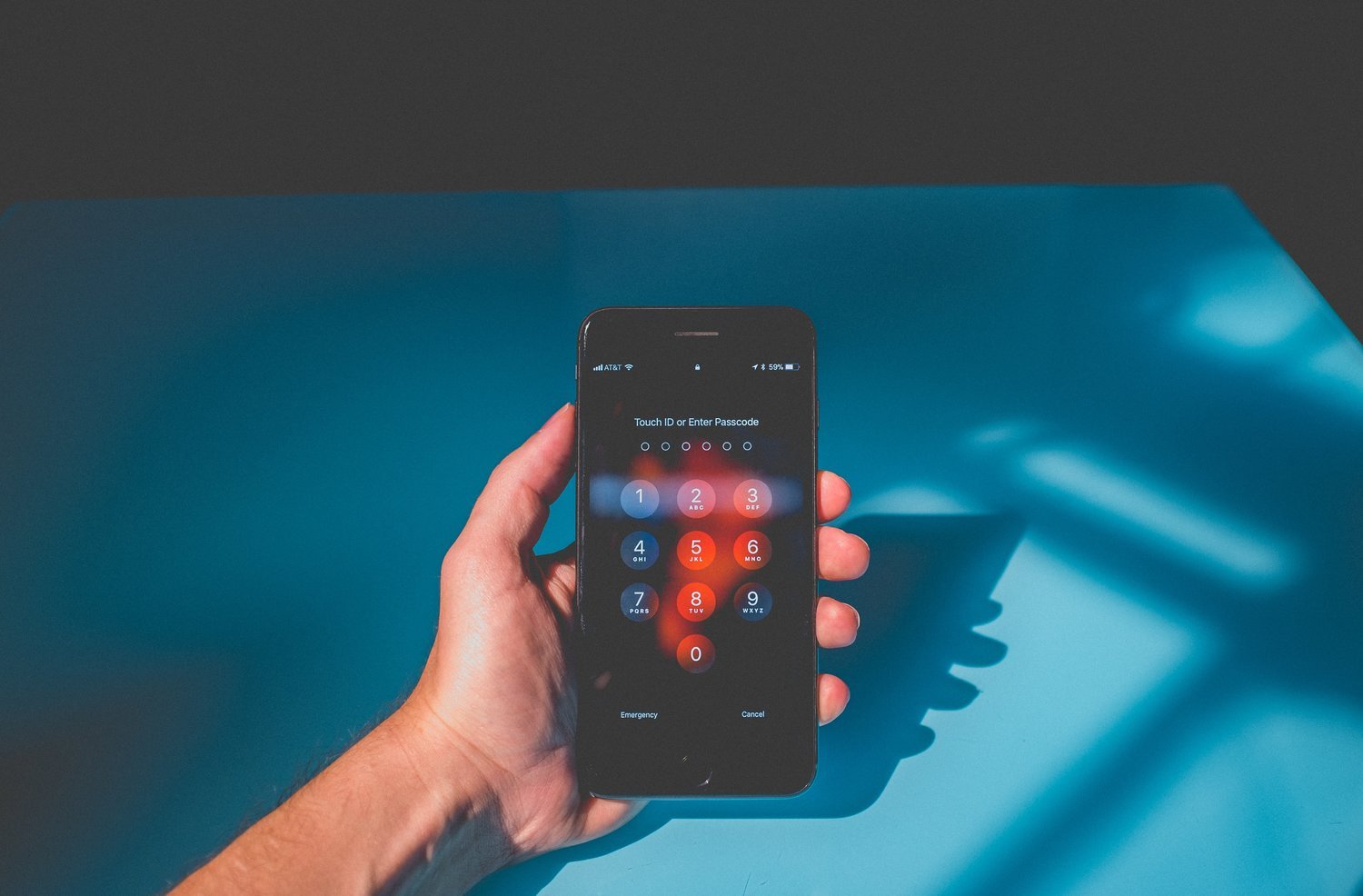Brain Awareness Week - Are you looking after your brain?
International Brain Awareness Week (BAW) is the global campaign to increase public awareness about the progress and benefits of brain research. The Perth Brain Centre is an official partner of International Brain Awareness Week, which starts on the 12 March this year.
Feel Good February - Part 4 - Science of Happiness Course
Last year Australia was ranked the 9th Happiest Nation in the world (according to The World Happiness Report), 5 places above The United States, and just below New Zealand. This is a great result, but probably most us don’t always feeling as happy as we would like to be.
Feel Good February - Part 3 - Therapeutic Lifestyle Change
Therapeutic Lifestyle Change (or TLC as we like to call it), is a lifestyle treatment for depression and staying happy that was developed by Dr. Stephen Ilardi, Associate Professor at The University of Kansas. TLC recognises that “We were never designed for the sedentary, indoor, sleep-deprived, socially-isolated, fast-food-laden, frenetic pace of modern life”, and provides a simple solution to combat today’s modern lifestyle based upon research and practical advice. So take a few minutes to watch this great video so you can make tomorrow a better day and don’t forget to spread some happiness and share this with other people you know.
Feel Good February - Part 2 - Happify App
Created by a team of scientists and game designers, Happify empowers you to build skills for a happier, more fulfilling life through science-based activities and games. http://www.happify.com
Feel Good February - Part 1 - The Number One factor in life that determines our health and happiness
This month celebrates “Feel Good February”, an initiative created to inspire people to initiate random acts of kindness. These days there we are all often exposed to a lot of negative news and events and The Neuroknowledge would like to support “Feel good Feb” by spreading some happiness throughout this month and sharing some of the resources we provide to our readers to help everyone feel better.
5 Apps You Need For Going Back To School
Children throughout W.A. are preparing to get back to school, and it’s a good idea to take a few simple steps to get organised. Share these ideas and apps with your friends to help get the school year off to a great start
Can exercise help ADHD?
We all know that one child that plays up in class; they never seem to listen to instructions, are often easily distracted, have difficulties making and maintaining relationships with other children, and are in the principal’s office every other day. Maybe you are a parent of that child, or were even that child yourself!
Sometimes these children can be mislabelled as ‘problem kids’, who are either ‘lazy’ or ‘poorly disciplined’ by parents. But what if there is more going on than meets the eye?
ADHD and Diet
Sugar free, gluten free, additive-free, paleo, Mediterranean, low salycilate…. With all of the many and varied opinions on diet these days it is easy to feel overwhelmed when it comes to exploring diet and ADHD. Often the best approach is to start by looking at what scientific evidence is telling us…
October Is ADHD Awareness Month
In honour of ADHD month, we are moving away from healthy brains for the moment and having a closer look at Attention Deficit Hyperactivity Disorder or as it's better known ADHD. In this article we will explore the disorder, what cause's it, symptoms associated with it as well as the treatment options available.
ADHD Confirmed to be a Brain Disorder
Recent Study Confirms ADHD is a Brain Disorder Associated with Delayed Development of Key Brain Regions
ADHD and Learning Disorders – A New Approach
All parents want the best for their children and know how important it is for them to be happy and to do well at school.
ADHD - Helpful Strategies For At Home and School
Having ADHD means that you pay attention in a different way to how people without ADHD do.
Attention Deficit Hyperactivity Disorder
Attention Deficit Hyperactivity Disorder (ADHD) is a common problem that results in a wide range of difficulties for both children and adults.
ADHD in the Classroom
A person with ADHD can become easily irritated or distracted by noise, forget what they are doing, drift off in the middle of a conversation; and is often accused of talking excessively and/or blurting things out.
Self-help and Lifestyle Tips for ADHD
There are some practical and simple changes you can make to your lifestyle to make living with ADHD or living with someone with ADHD less challenging.
60% of Children with ADHD will Continue to Have Significant Problems as Adults
The results of a 16 year follow-up study have just been published in the Journal of Child Psychology and Psychiatry and has confirmed that about 60% of children with moderate to severe ADHD still have significant problems in adulthood.
ADHD can start in adulthood
Did you know that for some people, the onset of ADHD does not start until after they reach their adulthood?

















